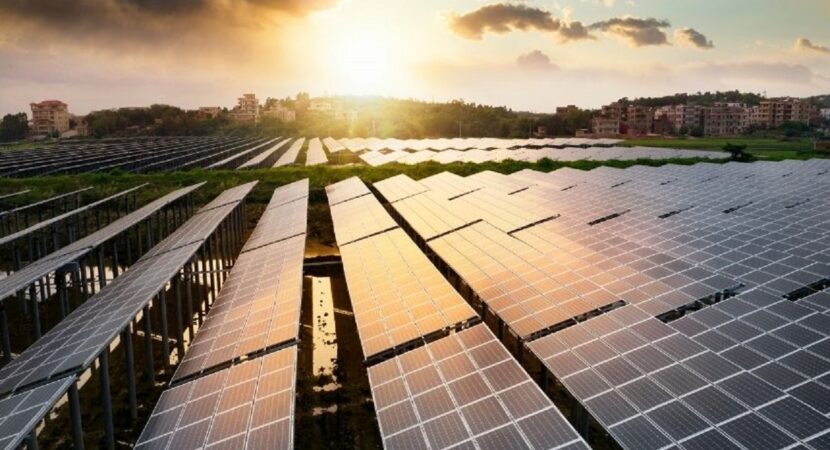
Subscription solar energy is becoming popular in the country and can generate savings of up to 15% on the electricity bill. The modality does not require investments and is exempt from Aneel's tariff flags.
With electricity bill with high prices and the flag of water scarcity activated since 2021 and in force until the beginning of this year, due to the great drought that hit Brazil in the last year, the businessman and owner of two bakeries in Santos, on the coast of São Paulo , Fredy Rodrigues was looking for a way to reduce his energy expenditure. Rodrigues points out that budgets were made for the installation of solar energy plates on the roof, however the property is not owned and the investment would be very high and thus, he learned about solar energy by subscription, which promises savings of up to 15% on the electricity bill .
Businessman explains savings on the electricity bill with the use of solar energy by subscription
Faced with the value of bread and rent pressured by inflation, and falling revenues, due to commercial buildings and universities closed due to the pandemic, the executive got to know solar energy by subscription. With the service, Rodrigues states that the savings on the electricity bill can reach an average of 12% per month.
A bakery electricity bill can go from R$ 12 to R$ 20 a month and in the summer, there is a need to turn on all the air conditioning devices, in the winter, the oven works harder, so a lot of energy is spent . The businessman claims that with a savings of 10 to 15% generated by the solar energy service by subscription, there are less R$ 2 thousand spent per month.
Annually, there are around R$ 48 in savings on the electricity bill using a sustainable and clean energy. The businessman claims to have already contacted the company's marketing sector for this advertisement to be carried out, considering that the bakery is in the middle of three universities and students have a different look at it.
Brazil joins subscription solar energy based on other countries
Starting in Germany and later spreading to the rest of Europe and the United States, the model of solar communities was based on cooperatives or consortiums of consumers, which together made the installation of small plants feasible, sharing the energy generated, despite being far from the place of consumption. Therefore, some companies saw an opportunity in the regulatory change to provide a new service in Brazil: subscription solar energy.
This was the case of Sun Mobi, for example, founded in 2016 to operate in the sector, currently serving around 300 customers spread across 27 cities in the state of São Paulo. According to one of the company's partners, Alexandre Bueno, the possibility arose of placing the solar farm in an area, generating sustainable energy for the distributor, selling it in the form of credits, which can be deducted from any electricity bill, from that it be in the same concession area as the distributor.
How does subscription solar work?
For example, a house that consumes an average of 200 kilowatt-hours per month in the concession areas of Cemig, a distributor that operates in Minas Gerais, buys credits from a subscription solar energy company that also operates in the distributor's area.
The contracted company “injects” the generated solar energy into the grid and the credits are deducted from the consumer's tariff, generating savings on the electricity bill. In this modality, the consumer is free of the tariff flag, a benefit established by Aneel to encourage the generation of clean energy close to consumption sites.













Air Force F-16 fighters…
True friend, what they shot down were…
Air Force F-16 fighters…
I would like to know what planet you live on…
Air Force F-16 fighters…
Everything is fine, 100-year secrecy,…
Air Force F-16 fighters…
Well... It's flying scrap... Typical...
Air Force F-16 fighters…
Which genocide are you talking about? Than…
I am 57 years old and 32 years old…
I would like to go, I am vigilant and…
Where changes were made, the changes will come…
Fascinating! However, it will take a long time for us to…
I think so much information is unnecessary for a…
The technology used in…
Don't take the train because it's practically…
Spectacular, especially the price. I've seen others...